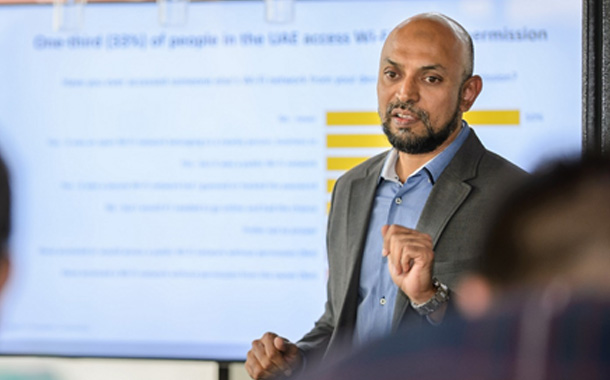UAE consumers are unable to resist a strong, free Wi-Fi network and their online actions may be placing their personal information at risk, according to Norton by Symantec’s 2017 Norton Wi-Fi Risk Report. But the siren song of free data means many throw cautions to the wind when it comes to their personal information, with 95 per cent of UAE consumers indicating they have acted in an unsafe matter when connecting to Wi-Fi hotspots, including potentially sharing their email or online bank account log-in information.
“In today’s world, most consumers demand constant connectivity, but there is a deep divide between what people think is safe when it comes to using Wi-Fi hotspots versus the reality,” said Tamim Taufiq, Head of Norton Middle East. “What someone thinks is private on their personal device can easily be accessed by cybercriminals through unsecure or fake Wi-Fi Networks or even apps with privacy vulnerabilities.”
The Norton Wi-Fi Risk Report surveyed more than 15,000 consumers in 15 countries, including 1,000 consumers in the UAE, to learn about their public Wi-Fi practices and perceptions. Many of the global findings show that people are aware of the risks of connecting to Wi-Fi hotspots outside their home but are not necessarily changing their approach when accessing these networks. In fact, nearly everyone is acting in a way that could put risk their personal and private information at risk.
Two-thirds of UAE consumers can’t wait more than a few minutes before logging onto a Wi-Fi network or asking for the password after arriving at a friend’s place, café, hotel or other location. Nearly one-third have accessed Wi-Fi without the Wi-Fi network owner’s permission, and one in ten guessed or hacked the password to get in.














